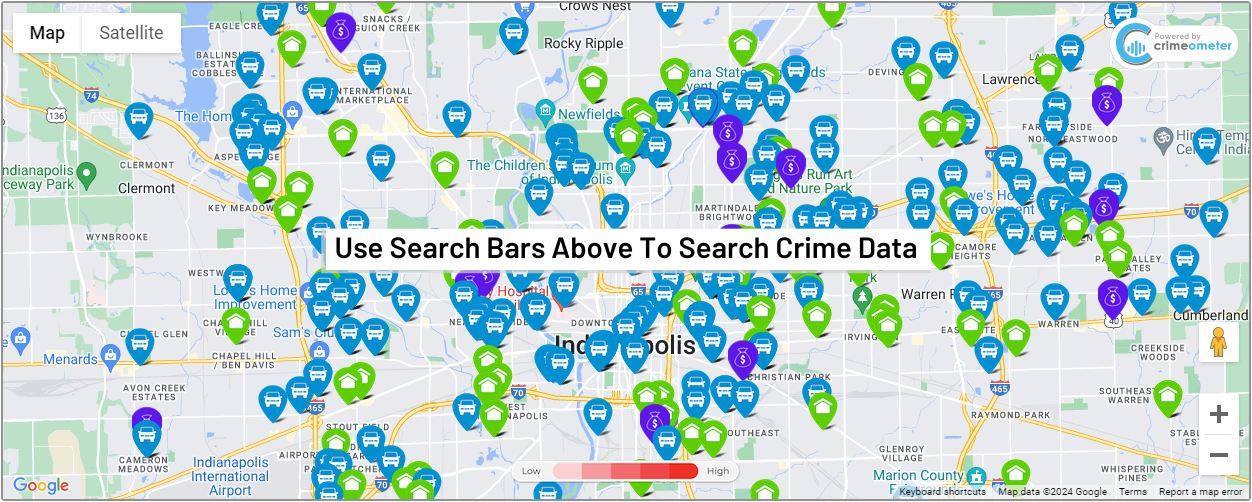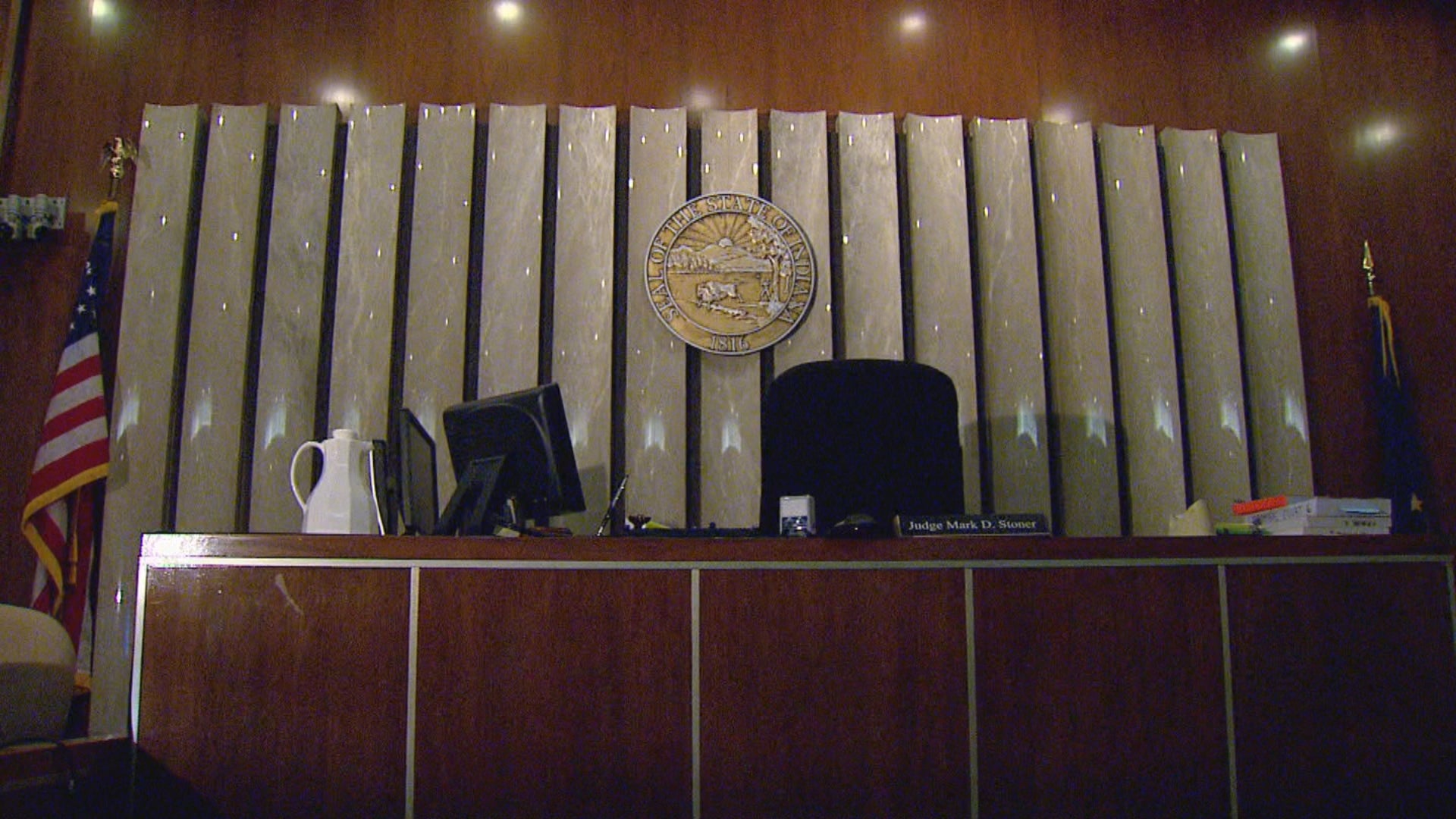Courts, prosecutor adjust during pandemic, plan for surge of trials to come
INDIANAPOLIS (WISH) — While so many businesses are shut down, Marion County’s court system is still operating on a very small scale.
They are only doing the most essential hearings.
I-Team 8 talked with the Marion County prosecutor about how they are deciding to keep the community safe during the COVID-19 pandemic.
Since stay-at-home orders started, prosecutors have only been doing initial hearings — where a person hears what they are charged with and possible penalties — and some plea agreements and bond review cases. Because of social distancing guidelines, they cannot have trials now.
The way they are approaching bond is a big change, one that Prosecutor Ryan Mears had been in favor of before the pandemic. Mears is not a fan of the cash bond system and thinks people should be held because of the danger they pose to the community, not on their ability to pay. That is the logic they’re using now more than ever as way to help ease the burden on the jail.
They also have to be careful about who they’re sending to jail.
“We have to do a really good job of identifying the individuals who are at risk,” said Mears. “Individuals who have the respiratory issues, people because of age or diabetes who are particularly susceptible to this, we’re considering all of those issues.”
Mears said this has all been a collaboration between his office, public defenders, the sheriff’s office and judges to make sure only people who are really dangerous are sent to jail.
But while they conduct only essential business, trials are delayed. The Marion County Prosecutor’s Office did 250 jury trials through to a verdict last year, which is about 12 trials a month. Summer is the busiest time of year to hold trials, and Mears says it’s possible the backlog is even bigger because a lot of cases get resolved the day of the trial just before it starts.
Right now, the prosecutor’s office is trying to resolve so-called victimless crimes such substance abuse outside of trial to ease the backlog. But, Mears says, it’s going to seem like a lot of people are getting called for jury duty when this is all over.
“We are going to ask and count on the community to be a part of that because that’s what our system requires,” Mears said. “That means that we’re also going to make sure that we don’t endanger anyone and we create a safe environment for people so when they come in to the City-County Building, we’re going to make accommodations, we’re going to take precautions so people are safe.”
A jury pool starts with 400 people in a room and ends with 12 people seated close together in a courtroom, so until they can make sure that’s safe, they’re not going to have any trials.





